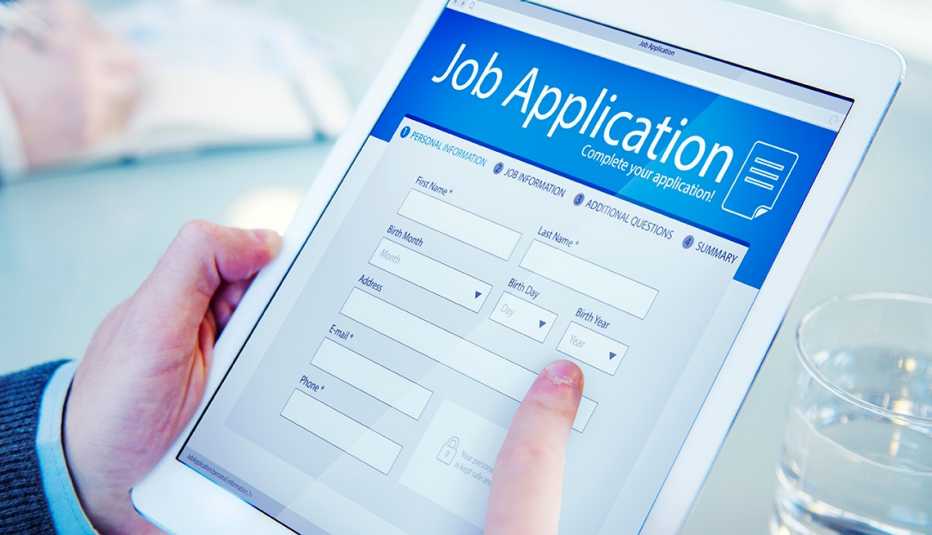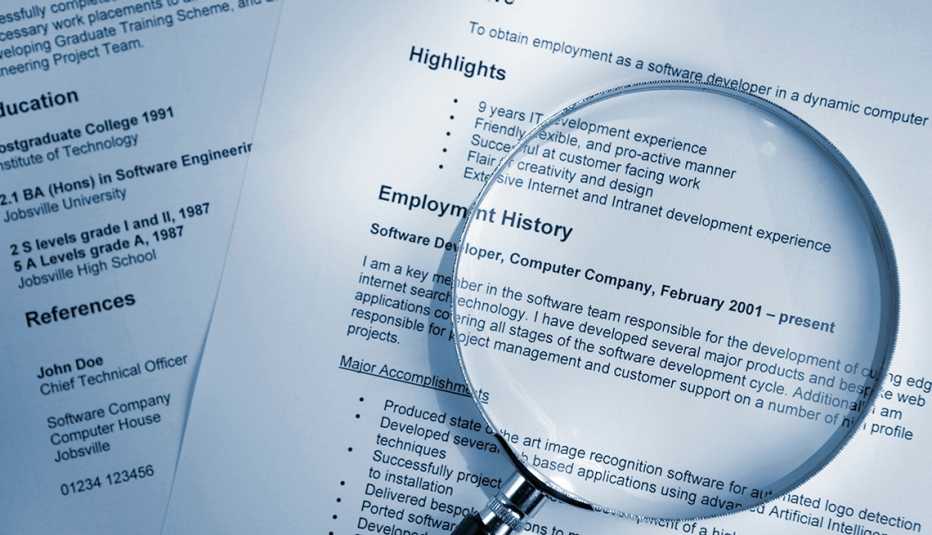AARP Hearing Center
Black workers are optimistic about their financial future, but the pandemic hit low-income Black workers much harder than the average worker, an AARP study released July 5 reveals.
Thirty percent of Black workers say that their overall financial condition today is worse than it was before the pandemic. Among Black workers with incomes of $40,000 or less, 36 percent said their financial condition was worse, primarily because of job losses, furloughs and reduced hours.
"What we see in this survey, as well as what we know about financial well-being, is that jobs, wages and employee benefits are key components to feeling financially secure,” says Gary Koenig, AARP senior vice president of financial security. “This was true pre-pandemic, was highlighted durifgng the pandemic, and will continue to be the case moving forward.”
Overall optimism for near future
Despite the hardships of the pandemic, 74 percent of Black workers think their financial situation will be better a year from now, compared with 63 percent of Hispanic workers and 45 percent of white workers. Just 8 percent of Black workers expect their situation to be worse a year from now.
Why the optimism? For most Black workers, the major reason (41 percent) was the perception that they would get a job or change jobs. National hiring and wage trends back their expectations: Black unemployment peaked at 16.7 percent in April 2020, but fell to 9.2 percent in June 2021, the latest data available from the Bureau of Labor Statistics. (In comparison, the unemployment rate for all races fell from 14.8 percent in April 2020 to 5.9 percent in June.)
But that's not all. Nearly the same percentage of Black workers — 40 percent — said the major reason for their optimism was the expectation that they would get a raise or work more hours. Here, too, national trends support their expectations: Credit card balances fell in the first quarter of 2021. Average weekly earnings rose 3.9 percent in June over a year earlier. And average weekly hours for all workers have risen modestly — from 34.1 at the beginning of pandemic restrictions in March 2020 to 34.7 hours in June 2021.





































































